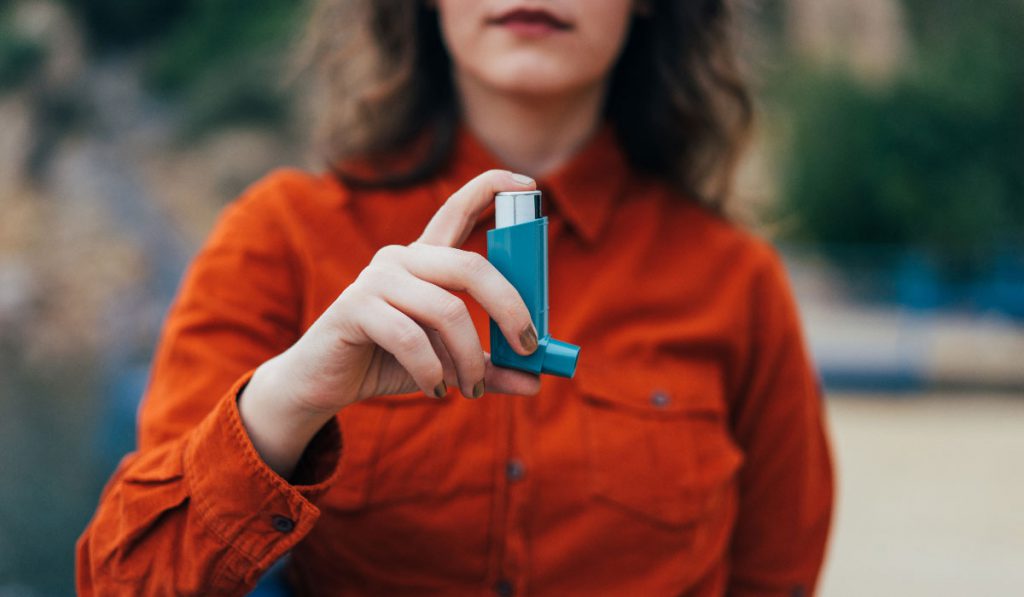Women have higher prevalence of allergic and non-allergic asthma, and they are they less responsive to corticosteroid treatment. Dawn Newcomb, Ph.D., a research assistant professor of medicine at Vanderbilt University Medical Center, is investigating the function of hormones in immune cells to help clarify sexual dimorphism in asthma.
In 2017, Newcomb’s lab reported findings on lymphoid cells and T cells. Examining group 2 innate lymphoid cells and TH17 T cells, they found that testosterone downregulates airway inflammation, while estrogen upregulates inflammation. Newcomb’s hypothesis is that as girls age and estrogen levels increase, estrogen’s upregulation promotes allergic inflammation.
Dawn Newcomb Explains Her Research Into Hormones, Immune Response and Asthma
Newcomb’s group then examined peripheral blood mononuclear cells in men and women with allergic or more severe non-allergic asthma for levels of the same innate lymphoid and T cells. Women with asthma had significantly more of both cell types.
Newcomb hopes that better understanding of how sex hormones modulate the immune system and asthma will help personalize patient care, and potentially lead to new therapies.





